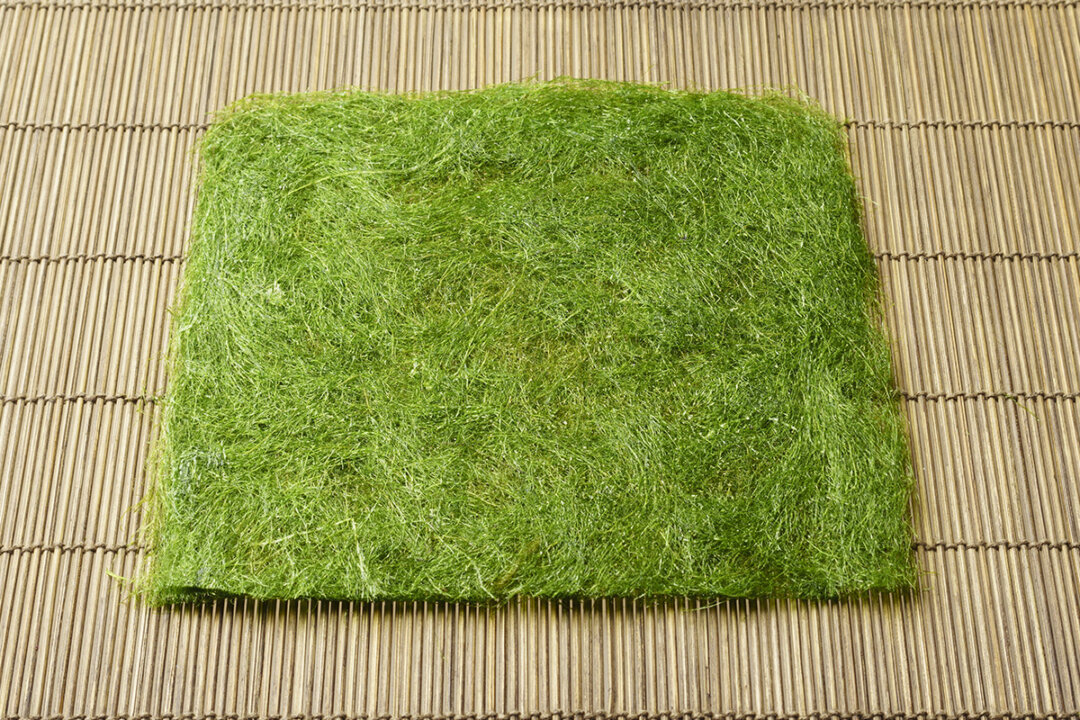The type of seaweed, known as “kajime” in Japanese, is a member of the kelp family and is found along the Pacific Ocean’s warm coastlines. Researchers analyzed the effect of the seaweed’s polyphenols and antioxidants in preventing Parkinson’s in cell and animal models. Akiko Kojima-Yuasa, an associate professor at Osaka Metropolitan University’s Graduate School of Human Life and Ecology and one of the study’s authors, told The Epoch Times via email, “Ecklonia cava is rich in phlorotannins, a type of polyphenol specific to brown algae, and has strong antioxidant properties.
” Affecting about 1 million people in the United States, Parkinson’s disease is a progressive condition that causes loss of ability to walk, speak clearly, and overall control of body functions. Next to Alzheimer’s disease, it is the most prevalent neurodegenerative disease in the world. “In this study, we conducted animal and cell experiments using a Parkinson’s disease model mouse to investigate the preventive effects of ECP (Ecklonia cava polyphenols) on Parkinson’s disease and its underlying mechanisms as a new physiological function,” Kojima-Yuasa said.

Parkinson’s is caused by a loss of neurons that produce dopamine, a neurotransmitter involved in motor control and cognitive function. However, the underlying cause of the degeneration of those nerves remains unclear, researchers wrote in the study. According to the researchers, seaweed antioxidants prevent nerve damage by inhibiting the production of reactive oxygen species (ROS), which can damage DNA, proteins, and other cellular elements.
The motor skills of mice supplemented with antioxidants were restored. “Our results demonstrated that the oral administration of rotenone led to both motor and gastrointestinal dysfunction, which were subsequently reversed by the oral administration of [Ecklonia cava polyphenols],” the researchers wrote in the study. The seaweed extracts were also tested in cells and were found to protect neurons from rotenone damage.
Kojima-Yuasa said she believes this discovery could lead to widespread distribution of the seaweed as a potential therapeutic. “We were able to verify its effects using an animal model, which serves as a preclinical trial for humans,” she said. “I hope that in the future, the effectiveness will be demonstrated in human clinical trials and that it will contribute to people’s health.
“Among the pharmacological strategies used to manage NDDs (neurodegenerative diseases), natural drugs represent a promising therapeutic strategy,” according to the review of more than 200 studies. “Seaweed extracts and their bioactive compounds have demonstrated various pharmacological effects, including neuroprotective activity.” Neurodegenerative diseases like Parkinson’s and Alzheimer’s are the seventh leading cause of mortality in developed countries.
Yet, the authors of the review noted that drugs preventing or slowing the progression of neurodegenerative diseases are unavailable. The available drugs only address symptoms. “Due to the vast species and unique chemical composition, seaweeds provide a broad pool of compounds to explore for their neuroprotective potential,” the researchers wrote.
They also mentioned how environmentally friendly and sustainable seaweed cultivation is compared to sourcing many pharmaceutical compounds..

















